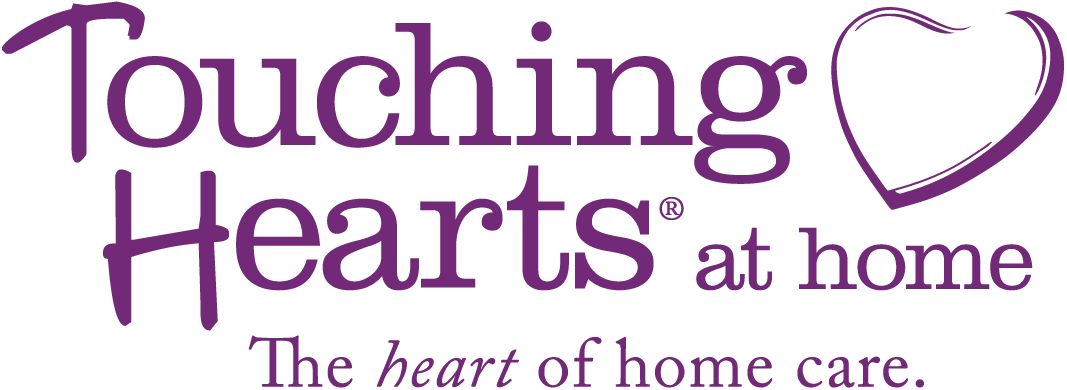As one of the most essential yet strained segments of healthcare, the direct care workforce is not […]
New research from Transcend Strategy Group found that “more than 50% [of caregivers surveyed] have experienced or witnessed at least one incident of workplace violence or harassment.” These experiences can play a key factor in your ability to retain caregivers in the long term.
Training is a large part of minimizing these experiences. Educating caregivers on the signs and symptoms of agitation and aggression in dementia care settings is a critical component to managing these situations and minimizing incidents in the future.
When caregivers are properly equipped to identify needs, de-escalate situations, and provide comfort to people living with dementia, this increases their ability to maintain a safe environment for both residents and caregivers.
Your caregivers can’t prevent all expressions of agitation and aggression but they can control how they respond.
What are some of the signs of agitation in dementia care?
Dementia can look different for each person.
Agitation usually impacts people when they are in the later stages of dementia. It is most often used to indicate a need that they can’t express, because they may have difficulties communicating, understanding, or expressing themselves. This can also lead to challenges with following instructions and concentrating.
Some people living with dementia believe that those who are helping them are actually trying to hurt them. Without the proper education and training, this can make a stressful work environment for your caregivers, leading to requests for assignment changes or risk for attrition.
Due to the brain cell damage caused by dementia, residents can become more easily upset, restless, anxious, or quick to anger in ways that differ from their usual personalities. It is important to reinforce this with your staff to ensure they don’t take matters like this personally.
What are some examples of aggression in dementia care?
Aggression and violent behaviors can be quite frightening for caregivers and can cause injury to residents. This can look like:
- Physical aggression like hitting or pushing
- Verbal outbursts such as yelling or aggressive speech
- Damaging objects such as shredding paper or throwing things
As an administrator or community leader, make yourself available to caregivers if they witness or are involved in an aggressive situation with a resident. It’s important for them to feel safe at work and have a place to share their concerns and feelings.
Some aggressive behaviors might warrant additional communication with the family, increased medication dosages, changing prescriptions, and more.
READ MORE on effective communication strategies when dealing with residents living with dementia
How to help your caregivers create a safe environment for people living with dementia.
Identify the root cause of the agitation. Make sure that they understand that agitation and aggression are the result of unmet needs. There are different reasons that can cause these types of behavior problems to occur.
Anticipate needs and account for triggers. The role your caregivers play is identifying what triggers someone to become uncomfortable, anxious, or agitated. Be prepared with a thorough care plan that documents how residents respond to certain people or environmental situations. This will help caregivers be prepared, anticipate needs, and make the resident feel more comfortable. It’s almost always easier to prevent the behavior from happening than to stop the behavior once it has started.
Keep tabs on what makes residents happy. On the other hand, it’s also helpful to keep tabs on what makes residents happy or less agitated. Some examples could be redirecting them to a calming activity, like a nice walk, listening to music, or playing games.
Promote continuity of care and regular family visits. Proper training for your caregivers can equip them for what they see daily. This dynamic of transparency and education can promote employment longevity and improve the quality of care. Residents living with dementia are well-adjusted to their routine, environment, and people. Changes to that day-to-day, like seeing a new caregiver or a family member they haven’t seen in a while, can offset this balance—and cause agitation or aggression.
Encourage your caregivers to be detectives. Residents living with dementia often can’t communicate if they’re experiencing pain or discomfort, and rely on caregivers to read between the lines and be diligent observers of their activities of daily living (ADLs).
Empower caregivers to step away when they need a minute to keep their emotions in check. People living with dementia can suddenly become agitated or show signs of aggression and put stress on caregivers. Instead of adding fuel to the fire, encourage caregivers to step away, take a breath, and come back to the resident when they’re in a calm mental state. This also helps to prevent and mitigate caregiver burnout.
By properly training your caregivers to identify the signs and know what to do next can keep them safe, promote a culture of retention, and ensure resident safety.
Make dementia care training a part of your senior living community’s differentiators.
Your caregivers are responsible for the mood and environment they bring to each resident. They might not, however, be able to prevent every instance of agitation and aggression.
By providing them with the tools, resources, and training to identify the signs and symptoms of agitation and how to help residents move forward will improve:
- Resident safety
- Caregiver working conditions
- Employee health
Don’t take our word for it; listen to how Homewell Care Services pitches their training to prospective caregivers:
“At HomeWell Care Services we're committed to providing the best care possible. That's why we partner with CareAcademy for our initial and annual caregiver training programs. Our caregivers love it, and here's why you should too: specialized dementia care training, comprehensive reporting, printable certificates, and so much more!” -Abey Kurikesu, Owner
Your team doesn’t have to handle dementia care alone. To jumpstart your team’s journey to improving care for residents, start your free trial of CareAcademy today or book a demo to see dementia care training in action.






